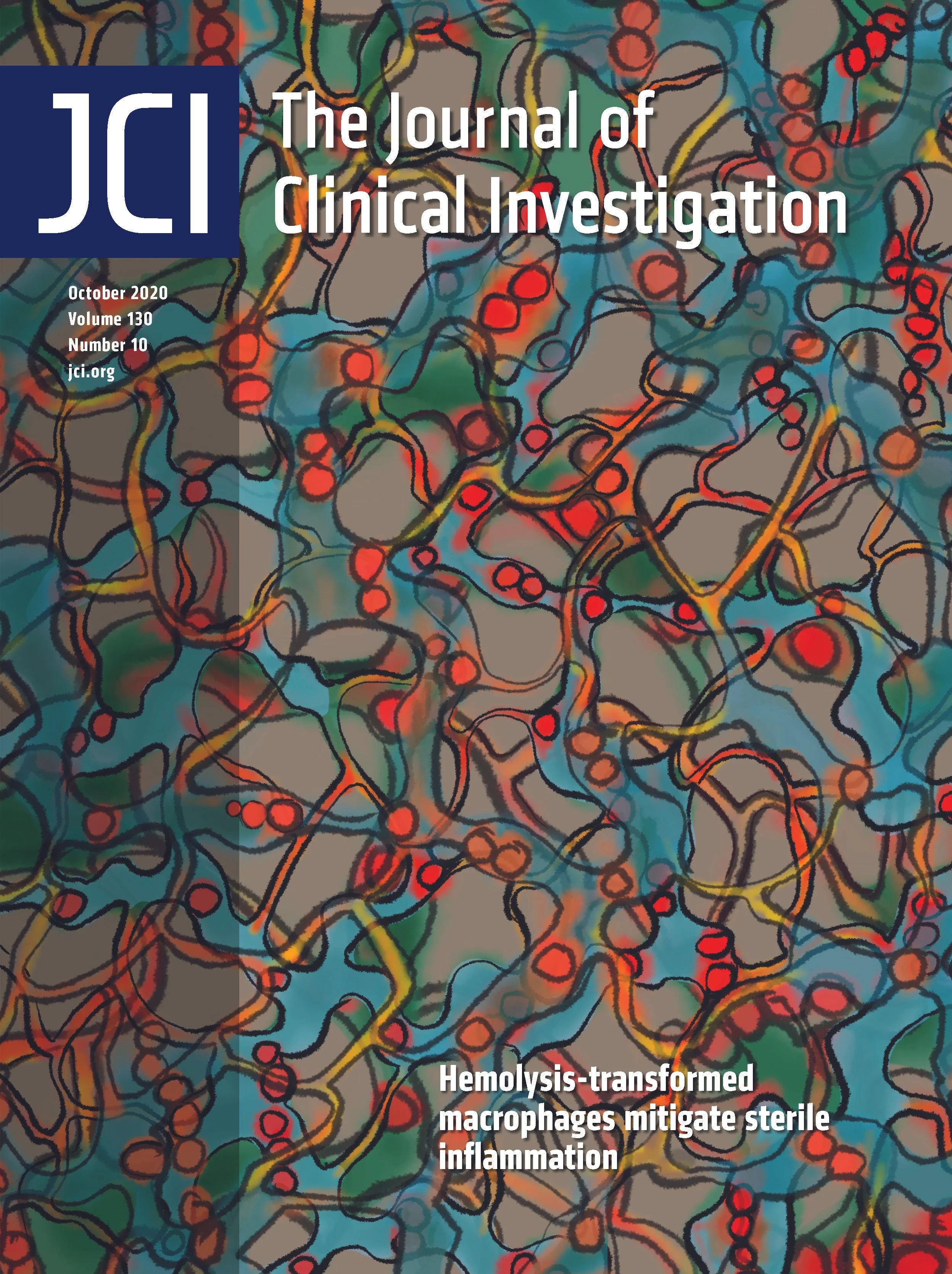Research Focus Prof. Florence Vallelian:
Macrophage Transformation in Immunity and Cancer
Background
Florence Vallelian studied Medicine at the Universities of Lausanne and Vienna. She completed her MD thesis at the Division of Immunology and Allergy, University of Lausanne.
After specializing in Internal Medicine and Clinical Immunology, she established a dedicated consultation for systemic inflammatory diseases at the Department of Internal Medicine of the University Hospital of Zurich.
Florence Vallelian is Adjunct Professor for Internal Medicine, University of Zurich.
Research Motivation
My motivation for translational research stems from a deep fascination with the underlying mechanisms of systemic inflammatory diseases and the desire to translate scientific insights into better patient care.
Through my MD thesis at the Pantaleo Lab at the University of Lausanne, I delved into the complex immunological pathways that drive these conditions, an experience that fueled my commitment to bridging bench research and bedside practice.
Research Rationale
My research centers on understanding how macrophages — key mediators of inflammation and immune regulation — contribute to the pathogenesis and resolution of disease.
By investigating their polarization states, I aim to discern how macrophages switch between pro- and anti-inflammatory phenotypes, and how they drive or dampen immune responses.
Damaged red blood cell phagocytosis by liver macrophages triggers an anti-inflammatory phenotype via heme–NFE2L2 signaling, attenuating inflammatory liver disease in mouse models. This newly identified ‘erythrophagocyte’ state, suggests a potential therapeutic strategy against macrophage-driven inflammatory disorders and metabolic liver disease.
TAMs
In particular, my work examines the role of tissue stress-associated tumor-associated macrophages (TAMs), which can profoundly affect cancer progression by supporting tissue repair.
Through elucidating the underlying molecular pathways, I seek to identify new therapeutic targets and strategies to reprogram macrophages toward beneficial, anti-inflammatory functions, ultimately improving patient outcomes in cancer, liver disease and related inflammatory disorders.
Tumor-associated macrophages
Intratumoral hemorrhage drives macrophages toward an anti-inflammatory, protumorigenic phenotype via a heme–NRF2 axis, promoting invasion and metastasis. NRF2-activated TAMs resist IFN-γ and anti-CD40 reprogramming, impairing immunotherapy response. Targeting hemorrhage-activated NRF2 may enhance cancer immunity and significantly improve therapy outcomes.



